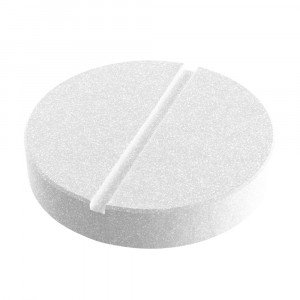 Welcome
Welcome
“May all be happy, may all be healed, may all be at peace and may no one ever suffer."
- A
- B
- C
- D
- E
- F
- G
- H
- I
- J
- K
- L
- M
- N
- O
- P
- Q
- R
- S
- T
- U
- V
- W
- X
- Y
- Z
Prazosin Hydrochloride - Brands
Prazosin causes a decrease in total peripheral vascular resistance through selective inhibition of postsynaptic alpha-1-adrenoreceptors in vascular smooth muscle. In hypertensive patients, blood pressure is lowered in both the supine and standing positions; this effect is more pronounced on the diastolic blood pressure. Rebound elevation of blood pressure does not occur following abrupt cessation of Prazosin therapy.
The therapeutic efficacy of Prazosin in patients with congestive heart failure is ascribed to a reduction in left ventricular filling pressure, reduction in cardiac impedance and an augmentation of cardiac output. The use of Prazosin in congestive heart failure does not provoke a reflex tachycardia and blood pressure reduction is minimal in normotensive patients. Prazosin reduce the severity of the signs, symptoms, frequency and duration of attacks, in patients with Raynaud's disease. In low dosage, antagonism of alpha-1-receptors on prostatic and urethral smooth muscle has been shown to improve the urinary pressure profile in men and to improve symptoms of benign prostatic hyperplasia. Clinical studies have shown that Prazosin therapy is not associated with adverse changes in the serum lipid profile.
To be happy, beautiful, healthy, wealthy, hale and long-lived stay with DM3S.

